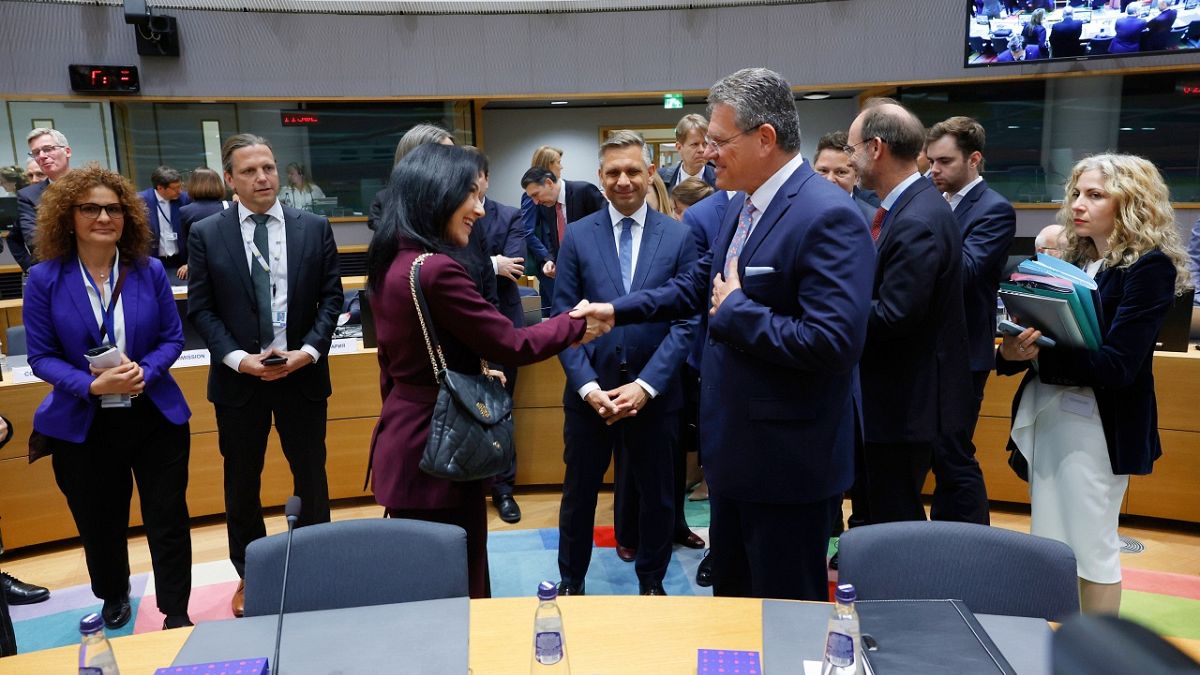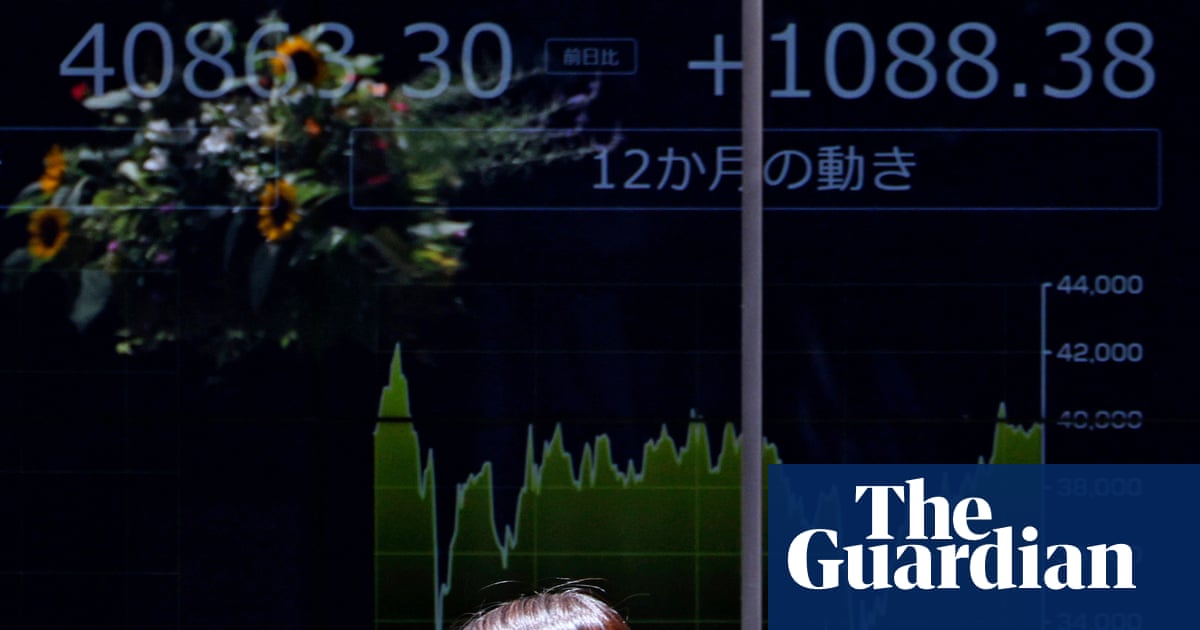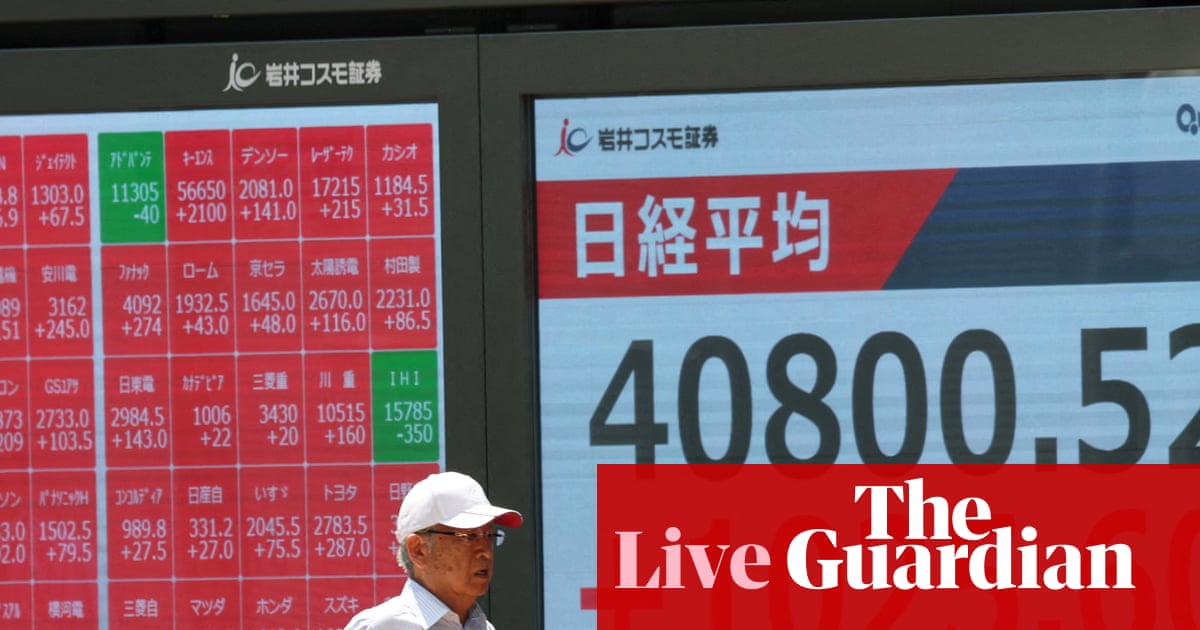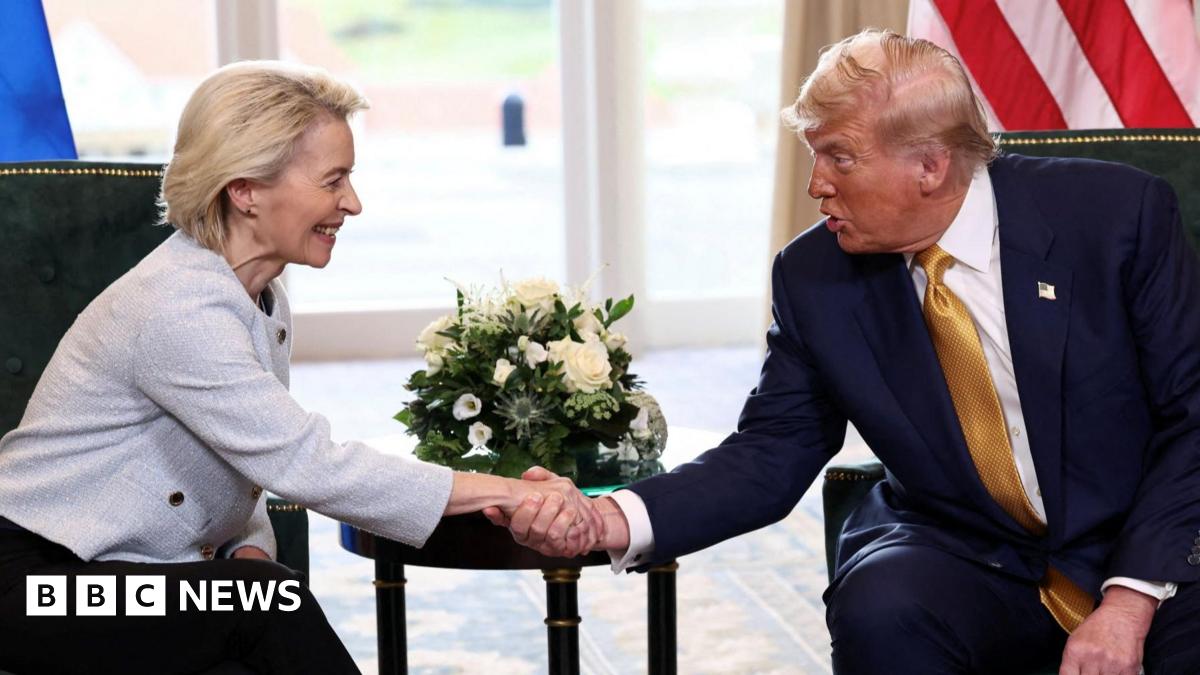T4K3.news
Financial sector reacts to EU-US tariff agreement
Investors voice concerns over the implications of the new 15% tariff on EU exports.

The EU-US trade deal has mixed reactions from investors and experts.
Financial sector raises concerns about EU-US tariff agreement
On July 28, 2025, European stocks gave up early gains following the announcement of a trade agreement between the U.S. and EU. This agreement introduced a 15% tariff on most EU exports, impacting industries such as automobiles, pharmaceuticals, and semiconductors. In exchange, Europe committed to significant purchases of U.S. energy and military equipment. Initially, markets reacted positively, with the Stoxx Europe 600 index rising 0.9%, but it soon flattened as major automakers faced steep declines. Investment managers expressed concern over the deal, with Chris Hiorns remarking that the situation remains worse than prior to the agreement, even as it reduces uncertainty around transatlantic trade. Industry experts caution that while clarity is beneficial, many uncertainties persist, particularly regarding how sectors will adapt to the new tariffs.
Key Takeaways
"We are still in a worse position than when we started."
Chris Hiorns highlights widespread disappointment among investors after the deal was made.
"This is far from a done deal as there are still material uncertainties."
Russ Mould describes the lingering uncertainties even after the new agreement.
"The removal of uncertainty allows businesses to plan, adjust and adapt."
Janet Mui reflects on the potential positive effects of clarity from the tariff deal.
"It is almost impossible for German autos to absorb the cost but plausible for luxury goods."
Michael Browne raises concerns about the varying impact of tariffs across sectors.
The mixed responses to the tariff deal highlight ongoing tensions in international trade dynamics. Investors are cautious as the tariffs could significantly affect various industries, especially automotive and pharmaceuticals. Chris Hiorns' comments capture a wider feeling of dissatisfaction, suggesting that many see the 15% tariff as a temporary relief rather than a long-term solution. The deal's implications on transatlantic economic relations could ultimately influence longer-term market behavior and investment strategies. While certain sectors may adapt gradually, the potential for companies to lose U.S. market share remains a considerable risk and a key concern for strategists moving forward.
Highlights
- Investors are left grappling with uncertainty after the tariff deal.
- The 15% tariff may be liveable but still exposes key industries.
- A return to investment could still be bogged down by uncertainty.
- This deal might reshape economic ties for years to come.
Concerns arise over the EU-US tariff deal
The new tariff agreement introduces uncertainties for key industries, particularly in the EU, raising fears of long-term economic impact on trade relations.
Trade agreements may provide clarity, yet they often come wrapped in uncertainty.
Enjoyed this? Let your friends know!
Related News

US-EU trade deal limits tariffs to 15%

Supreme Court overturns convictions of two City traders

EU prepares for potential tariffs in trade dispute with US

Stock markets fall sharply after Trump tariff announcement

Markets rise after Trump tariff agreement with Japan
Countries react to Trump's new tariffs

FTSE 100 hits record high following US-Japan trade deal

Mortgage approvals increase as housing market stabilizes
